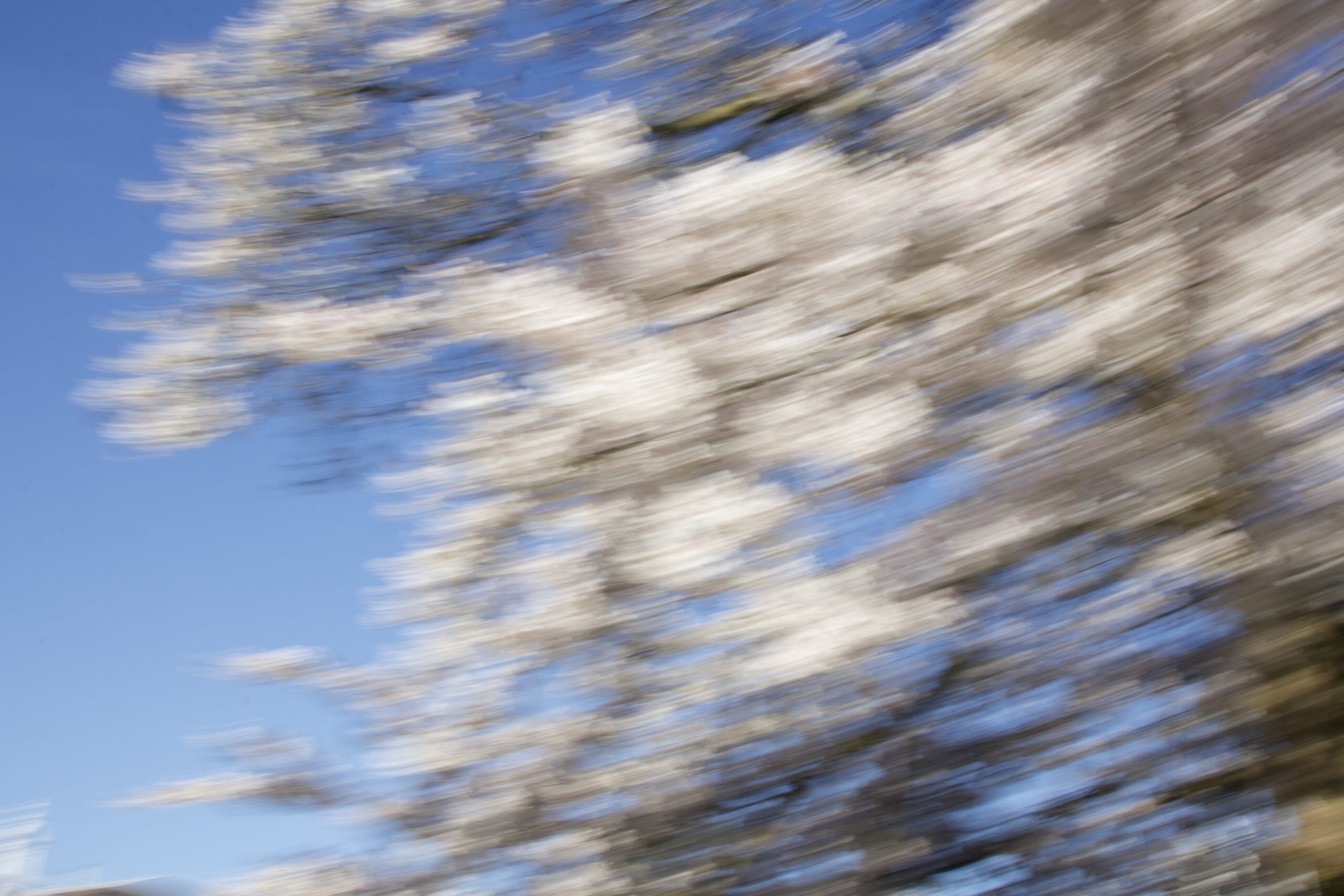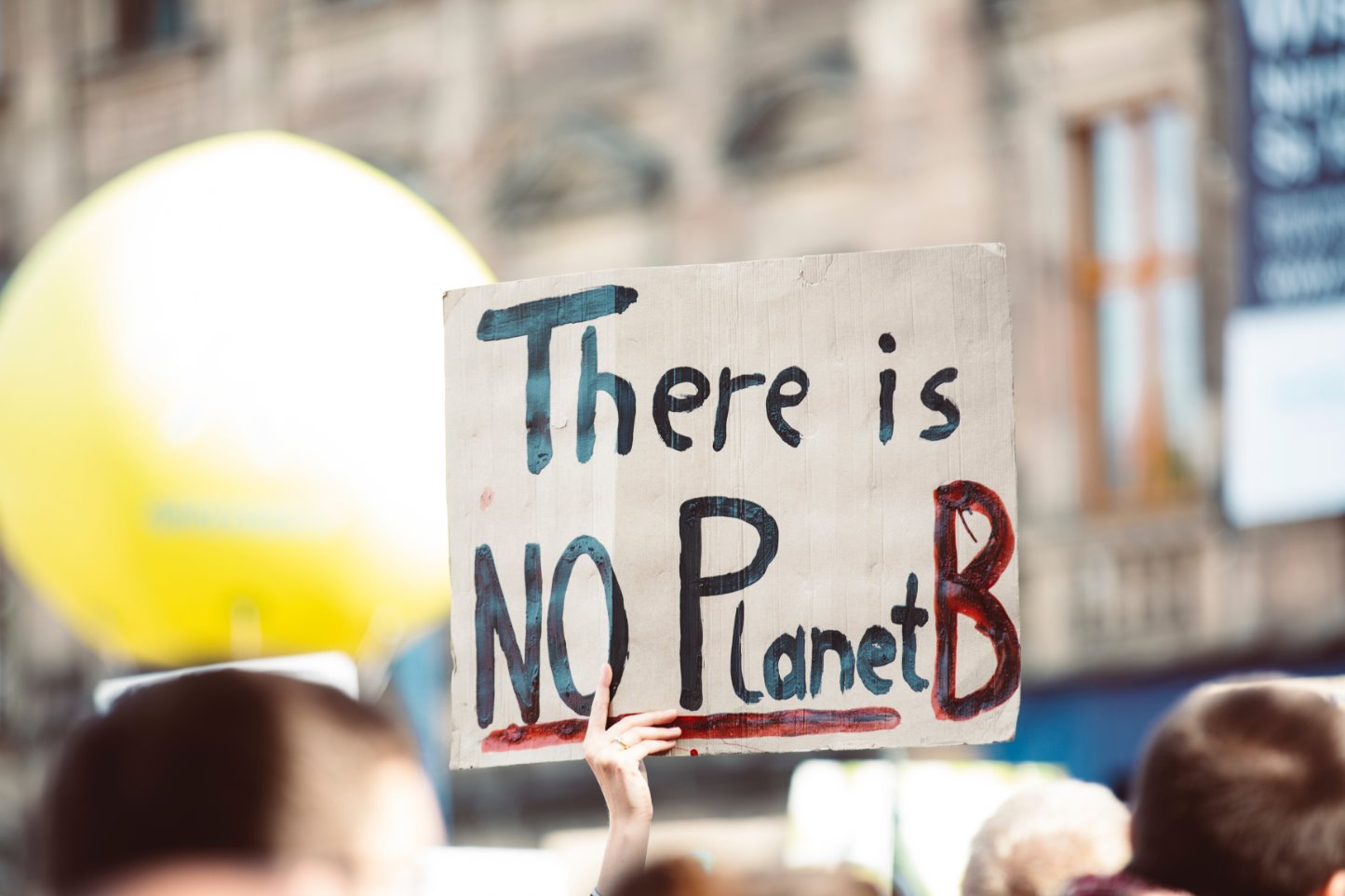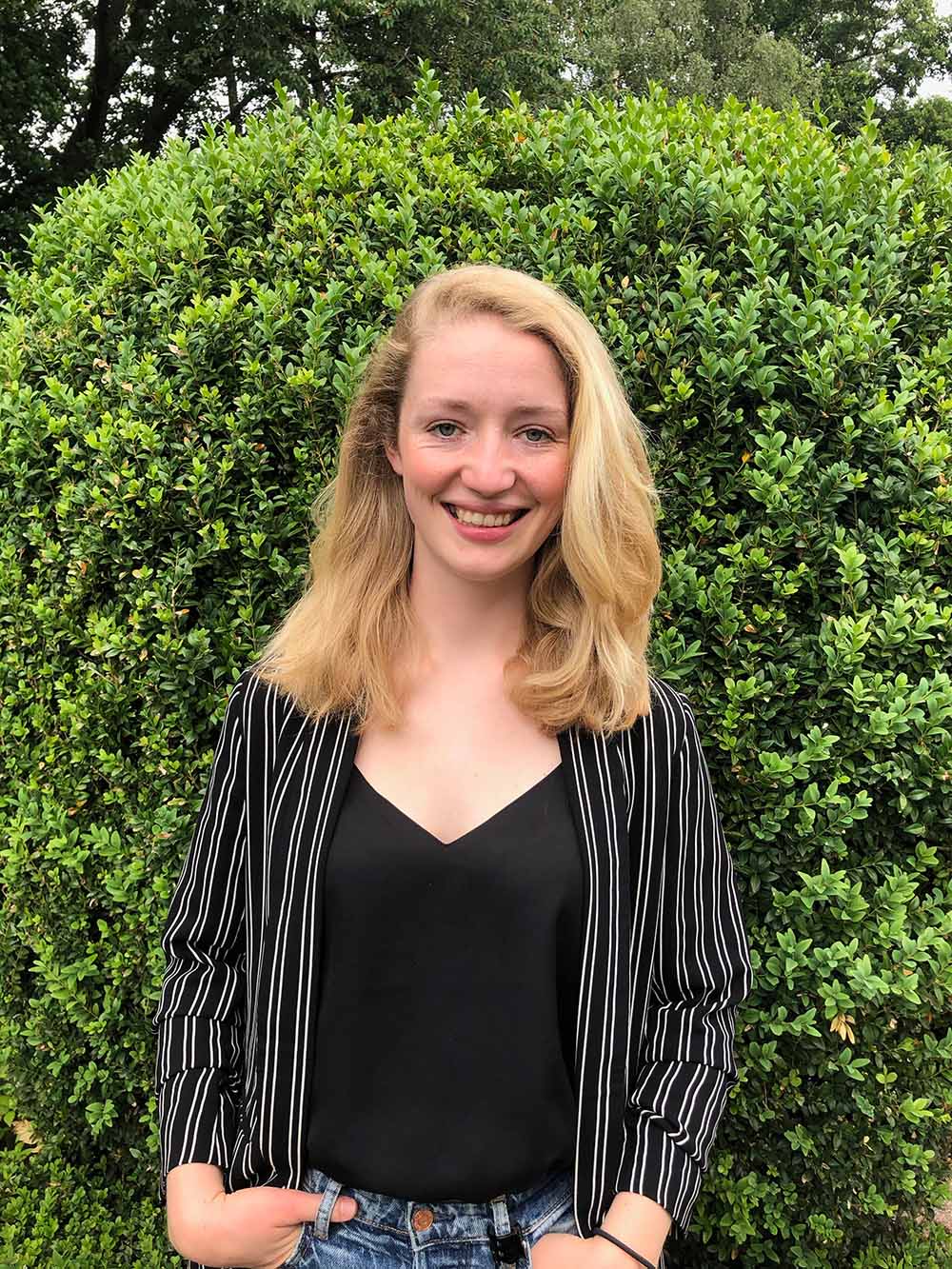
1 pager Climate Psychology PO
On 15 September, the working group organised a kick-off meeting that resulted in a one-pager summarising the insights, objectives and desired outcomes formulated during the meeting.
werkgroep
How can you make climate emotions and climate justice discussable in primary education? The Climate Psychology PO learning community is working with various network partners to investigate the best approach to this. They are doing this by gathering insights into how you can guide young children (each at their own pace) in a hopeful way in dealing with any climate emotions they may have.

Duration
mei 2025
–
Heden
Location
Netherlands (nationwide)
Parties involved
Stichting Technotrend, Stichting Klimaatpsychologie, De Duurzame PABO, Universiteit Utrecht, Lectoraat Onderwijs & Sociaal Ondernemerschap van hogeschool Marnix Academie, Leren voor Morgen
Theme
The Climate Psychology Learning Community in Primary Education arose from the desire to create a read-aloud book about climate emotions and climate justice. However, there is still too little knowledge and evidence about how to discuss these themes in a responsible manner in the classroom. That is why various partners have joined forces in a network to learn, develop and conduct research together from a variety of disciplines.
The learning community is working to bring together existing knowledge from psychology, pedagogy, climate science and educational practice. The aim is to gain insight into how young children (lower, middle and upper primary school) can be guided in a hopeful, action-oriented way in dealing with climate emotions.
With the support of the KIN Pact, work is being done to develop concrete materials (such as the planned read-aloud book), scientific substantiation and a network of practical and knowledge partners that will continue to operate after this project.
The impact of climate change on young people is becoming increasingly visible, but the youngest target group (primary school pupils aged 4 to 12) often remains underexposed in this regard. Children go through the process of moving from carefreeness to awareness at their own pace. Providing teachers with the right tools to help each pupil deal with this uncertainty is essential. That is why the Climate Psychology Foundation, the Sustainable PABO Foundation and the Technotrend Foundation intend to publish a special reading book for primary schools in 2026. This book will be supported by scientifically based guidelines and practical tips. It will consist of several short stories, based on the principle of Didactics of Hope, and is suitable for all three levels of primary education. This book helps schools to discuss topics such as climate change, climate emotions and climate justice – in a hopeful, creative way and with a focus on action.

On 15 September, the working group organised a kick-off meeting that resulted in a one-pager summarising the insights, objectives and desired outcomes formulated during the meeting.
Please contact us.
